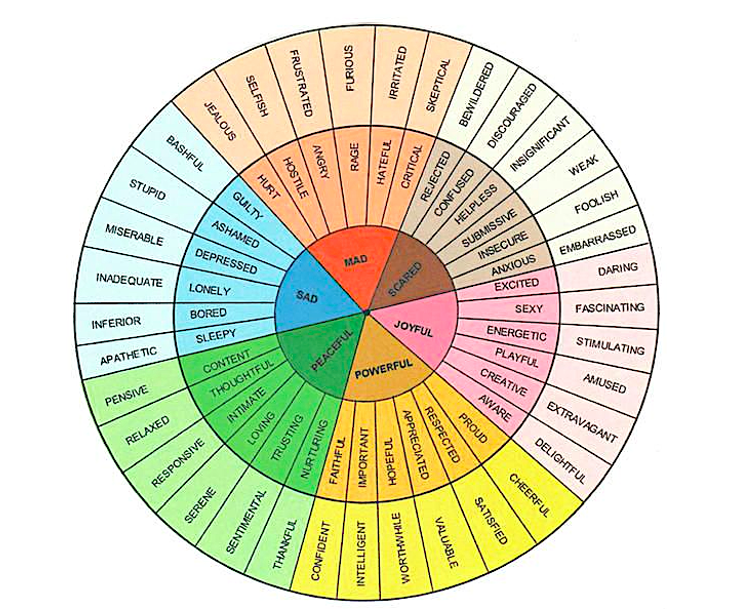BIBLIOTHERAPY
Books are often described as windows to the world, offering glimpses into different cultures, peoples, and traditions from the comfort of our own couches. Yet, I believe they are far more than mere portals to distant lands. For me, books possess a healing power, their words serving as a balm for the mind, soothing and calming in times of need. This transformative quality of literature is what we refer to as ‘Bibliotherapy’.
At its core, bibliotherapy involves using books as tools to aid individuals in addressing the challenges they face. Whether experienced individually or within a group setting, this practice entails selecting reading materials that resonate with the person’s unique life circumstances.
Reading in general is very beneficial to just about anybody but bibliotherapy according to Chad Perman, founder of New Age Therapy, is especially suitable for the following challenges: anxiety, depression, eating disorders, existential concerns such as meaninglessness & death, relationship issues, substance use and so on. Professor Sam Gladding also opines that bibliotherapy is very beneficial for anger management, handling rejection, grief, social awkwardness and encouraging openness to other people who are different from us. Empathy is another big benefit derived from Bibliotherapy.
For anyone who read “The Perks of Being a Wallflower”, the general realisation especially for teenagers was that their struggles and experiences were not unique. Tackling many controversial issues such as suicide, loneliness, sexual abuse, drugs, and peer pressure. We are introduced to the unrefined life of Charlie and his experience of growing up and maturing brilliantly. The process of resonating with a character can result in catharsis.
Reading Khaled Hosseini’s “The Kite Runner” certainly generates empathy for the plight of refugees ravaged by the carnage of their home countries. Additionally, readers cannot help but be moved by other themes such as loyalty, friendship, and forgiveness displayed throughout the book. Engaging with a great book transports readers into living the plot, thereby deepening their perspective and understanding of life..
In the New World Order of covid and lockdowns, pandemics and quarantines, in addition to social and physical distancing, bibliotherapy presents as the best cure for the psychological toll wrought by our new normal. The therapeutic value of books diagnoses the condition of the reader via the moral of a story and alters the state of mind after reading.
Bibliotherapy can be offered clinically but this article will dwell on how one can get started by themselves:
1. Identify your emotions: use the emotion wheel to put a finger on exactly how you feel

2. Decide the action to take on that emotion: increasing joy, placating loneliness, and eliminating anger are just a few examples.
3. Choose a Genre: Common book genres include fantasy, action, historical fiction, adventure and so on.
4. Choose a Book: this can be done via recommendations by friends, going to a library or through online resources like booktherapy.io.
5. Begin Reading and take notes on your feelings before, during and after reading.
This website will offer book reviews and also other resources to assist readers on their journey with bibliotherapy. May the force be with you as you embark on your enlightening journey 🖖🏾.
Love,
Nwaanyi Ije
